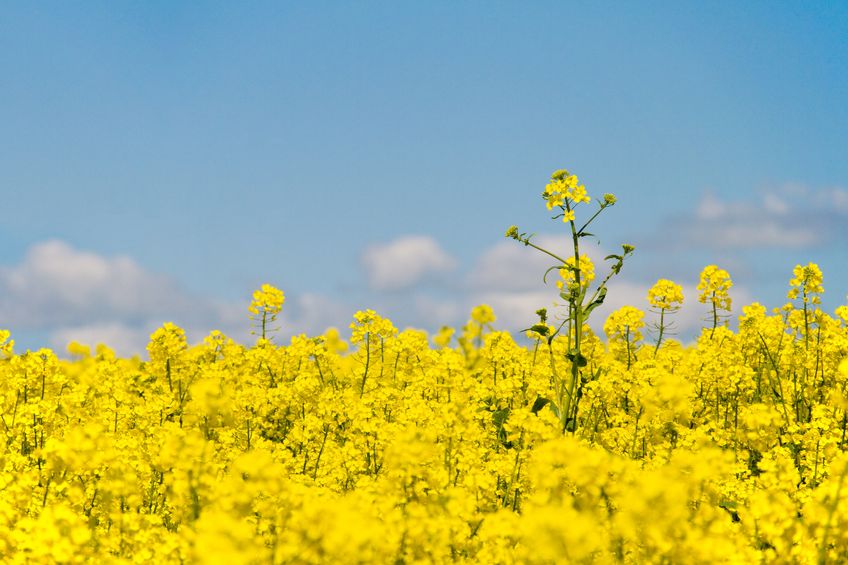UK crops at risk if neonicotinoids are restricted, agri-science institute says

Production of UK crops is at risk if neonicotinoids are more widely restricted or banned completely, according to the agricultural science institute Rothamsted Research.
The statement comes as the the European Commission considers a proposal to ban the use of clothianidin, imidacloprid and thiamethoxam on all outdoor flowering crops.
“If groups of chemistries are limited by legislation, the remaining groups will be more widely used, resulting in an increased risk of pests developing resistance to them,” the statement from Rothamsted Research says.
“It will be very difficult, if not impossible, to maintain production of many crops if neonicotinoids are more widely restricted or banned completely. For example, in sugar beet, the control of aphids and the virus diseases they spread, is totally reliant on neonicotinoid seed treatments because the aphids are resistant to other control chemistries.”
The statement also highlights how the neonicotinoid ban has cost the European oilseed rape farming industry €900 million a year, according to a report from the European Crop Protection Association, which represents chemicals companies.
A previous study has found that the full cost to UK farmers of the neonicotinoid ban in 2016 was £18.4 million and resulted in almost 28,800ha of lost crop.
Important role of bees
Rothamsted chronicles the public debate over the past four years about the use of pesticides and, in particular, the effect of neonicotinoids on bees, whose important role as pollinators of crops and flora in general is not disputed.
The institute laments the lack of evidence for the pesticide restrictions, drawing attention to the number of reports from vested interests from both sides of the debate.
The institute’s statement concludes by re-iterating its call in 2014 for “a proper science-led risk assessment to understand the effects of pesticides”.
It says: “This will help us balance the risks and benefits for crop protection, crop pollination, ecosystem function and our health appropriately. It is vital that research is done to study crop protection in its broadest sense, combining conventional chemical control with better surveillance of pests, weeds and diseases, understanding and mitigating for pesticide resistance and developing next generation crop protection.”
However, numerous studies in the past have shown a negative correlation between neonicotinoids and bee health, including a recent Royal Holloway London study which found the use of a common neonicotinoid in spring could have an impact on wild bumblebees by interfering with their life cycle.
Recently, in a stinging move to the NFU, emergency application for authorisation for neonicotinoid seed treatments has been poised for refusal by Government officials.








